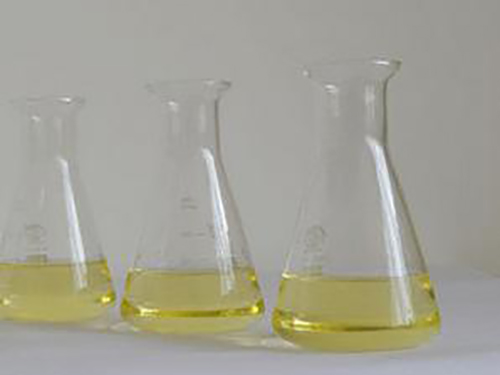Exploring the Versatile Applications of Anionic Polyacrylamide in Various Industries and Sectors
The Applications of Anionic Polyacrylamide A Versatile Polymer in Industry
Anionic polyacrylamide (APAM) is a synthetic polymer that has garnered significant attention across various industries due to its unique properties and versatile applications. As a water-soluble polymer, APAM is particularly valued for its ability to enhance the efficiency of chemical processes, particularly in water treatment, agriculture, mining, and other fields. This article explores the diverse uses of anionic polyacrylamide, highlighting its importance in modern industrial applications.
Water Treatment
One of the primary uses of anionic polyacrylamide is in water treatment processes. APAM acts as a flocculant, helping to aggregate suspended particles in wastewater, which facilitates their removal during sedimentation. This property is especially beneficial in municipal water treatment facilities, where the clarification of water is necessary to meet safety and quality standards. In industrial applications, such as in paper manufacturing or food processing, APAM can assist in recovering valuable materials by enhancing the separation of solids from liquids.
Oil and Gas Industry
In the oil and gas sector, anionic polyacrylamide is utilized in enhanced oil recovery (EOR) processes. By increasing the viscosity of injection water, APAM helps to improve the mobility of oil trapped in porous rock formations. This not only boosts the overall recovery rates but also minimizes the environmental impact of oil extraction by reducing the need for additional drilling. Moreover, APAM is employed in fracturing fluids, aiding in the successful extraction of oil and gas from reserves.
Agricultural Applications
anionic polyacrylamide uses

Agriculture is another area where anionic polyacrylamide has made a significant impact. In soil management, APAM is used to improve water retention and soil structure. It enhances the infiltration of water, thereby reducing runoff and erosion. This is particularly beneficial in arid and semi-arid regions where water scarcity is a challenge. Additionally, APAM is effective in controlling soil compaction, which can inhibit root growth and reduce crop yields. By promoting better soil conditions, anionic polyacrylamide contributes to sustainable agricultural practices and improved food production.
Mining and Mineral Processing
In the mining industry, anionic polyacrylamide is an essential additive for mineral processing. It aids in the flotation process, which is crucial for the separation of valuable minerals from ore. By facilitating the aggregation of mineral particles, APAM enhances the recovery rates of metals, such as gold, copper, and iron. Furthermore, it helps in dewatering tailings, reducing the environmental footprint of mining operations by minimizing waste and preventing leaching of harmful substances into groundwater.
Construction Industry
The construction industry has also adopted the use of anionic polyacrylamide in various applications. It is incorporated into cement and concrete mixtures to improve workability and reduce water permeability. This not only enhances the durability of structures but also contributes to the sustainability of construction practices by minimizing material waste. Additionally, APAM is used in soil stabilization projects, providing a reliable and effective solution to prevent soil erosion on construction sites.
Conclusion
The applications of anionic polyacrylamide are vast and varied, underscoring its significance in numerous industries. From water treatment and oil recovery to agricultural enhancement and mining, APAM demonstrates its versatility and effectiveness in addressing modern challenges. As industries continue to seek innovative and sustainable solutions, the demand for anionic polyacrylamide is likely to grow, further solidifying its role as a crucial polymer in the industrial landscape. Its ability to improve efficiency and support environmental sustainability marks an essential contribution to the advancement of technology and industry.
-
Understanding Acrylic Homopolymers and Their ApplicationsNewsApr.01,2025
-
The Emerging Importance of Polyaspartic AcidNewsApr.01,2025
-
Poly Aluminum Chloride and Polyacrylamide: Key Players in Water TreatmentNewsApr.01,2025
-
Flocculants for Water TreatmentNewsApr.01,2025
-
Essential Solutions for Water Treatment and PurificationNewsApr.01,2025
-
Chemical Solutions for Advanced IndustriesNewsApr.01,2025





